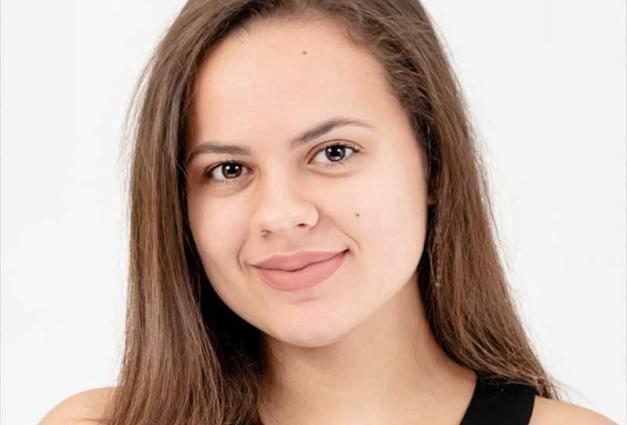The SPSP Student Committee's Peer Advising Program is back this year and currently recruiting volunteer peer advisors (learn more here). Please note that advisee sign-ups are not up yet, but will be later this month, so keep an eye out for an announcement!
A little refresher on the program itself—the SPSPSC Peer Advising Program matches fourth-year undergraduates, and first, second, and third-year graduate students with peer advisors (i.e., graduate students who are in their third year or above of their graduate career). By facilitating new partnerships between early career students and more advanced graduate students, the Peer Advising Program seeks to promote professional development, service, and skills to navigate grad school.
Last month, some past peer advisors shared their experiences with our readers. In this article, we have some past peer advisees sharing their perspectives. Read on to learn more about how to make the best of a mentoring relationship from Polina Beloborodova, Madhwa Galgali, and Apoorva Sarmal!
Why did you sign up for the peer mentoring program as a peer advisee last year?
Polina Beloborodova: As I am moving closer to the job market, I tried to solicit feedback on my research, teaching, and service activities from a wide range of scholars.
Madhwa Galgali: My main motivation to sign up for the program was to reach out to others within the field of social and personality psychology and talk with them about the field and learn about their perspectives on the field. I saw this as an opportunity to learn, branch out, network with, and meet others within the field, who perhaps I would not have met, if not for this mentorship program.
Apoorva Sarmal: I wanted to connect with a more advanced graduate student who is at a different institution than me and discuss aspects of graduate school.
What was your favorite/most fruitful part of your mentoring experience?
Polina: As I am at a research-intense R1 institution, it was helpful to receive feedback on my profile from a professor in a liberal arts college. My mentor looked at my materials from a different angle than the faculty at my university and gave me some helpful tips. It was also great to meet in person at SPSP. We are still in touch, now more as friends than mentor-mentee.
Madhwa: My favorite/most fruitful part of the mentoring experience was talking with my mentor and learning from my mentor about his research and his experience within the field. I learned a lot by listening to various challenges that my mentor had to overcome, which helped me to put into perspective, my own experiences as a PhD student.
Apoorva: I built a nice bond with my mentor. She was extremely transparent, candid, and helpful. She even helped me troubleshoot R code!
In your opinion, how can mentees make the most of the mentoring relationship?
Polina: It is important to prepare for the meetings and make a list of questions to ask your mentor. They do not know much about your interests, goals, and challenges, so it is helpful to send them some materials beforehand, such as your CV, a brief bio, and areas where you seek their advice. It also helps to be specific about why you are looking for a mentor and what you would like to get from the program.
Madhwa: Perhaps, one thing I would suggest would be to reach out more to your assigned mentor. Since your mentors are picked for you and are likely to be from a different institution than yours, there is a chance that the relationship could fizzle out. Looking back, I feel I did not make the most of this opportunity and this is something that I would suggest future mentees make the most of.
Apoorva: Be prepared and ask questions. State your needs and be forthcoming!
Polina Beloborodova is a 4th-year doctoral student at Virginia Commonwealth University. Her research interests lie at the intersection of contemplative science and positive psychology, with a special focus on how mindfulness practice affects our social and emotional well-being. In her free time, Polina enjoys reading and walking around historic Richmond neighborhoods.
Madhwa Galgali is a 3rd-year doctoral student at the University of Missouri–Columbia. Madhwa's research involves studying how existential motivations shape beliefs and attitudes. Fun fact: he's a big soccer fan!
Apoorva Sarmal is a 3rd-year doctoral student at the University of Georgia, where she investigates underlying mechanisms of stereotyping and prejudice—specifically, race and gender disparities to promote diversity and inclusion. She was trained in Indian classical dance (Kathak) for 10 years and enjoys different forms of dancing!
Keep an eye out for the upcoming Free-Form Friday session featuring mentors and mentees from previous years, and for peer advisee sign-ups next month!




